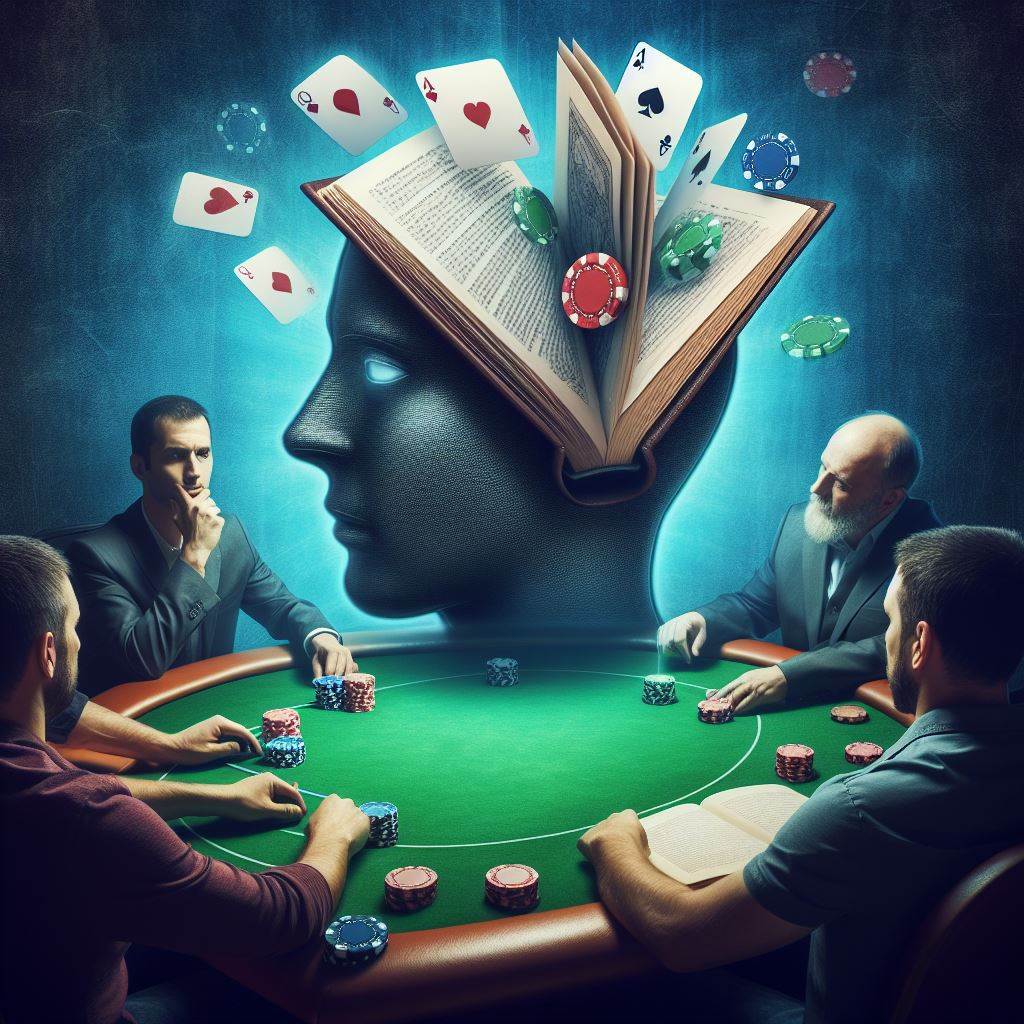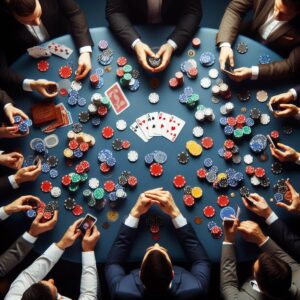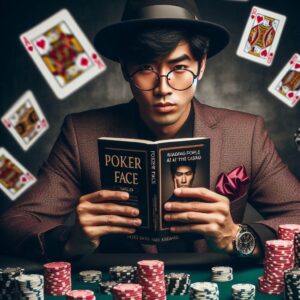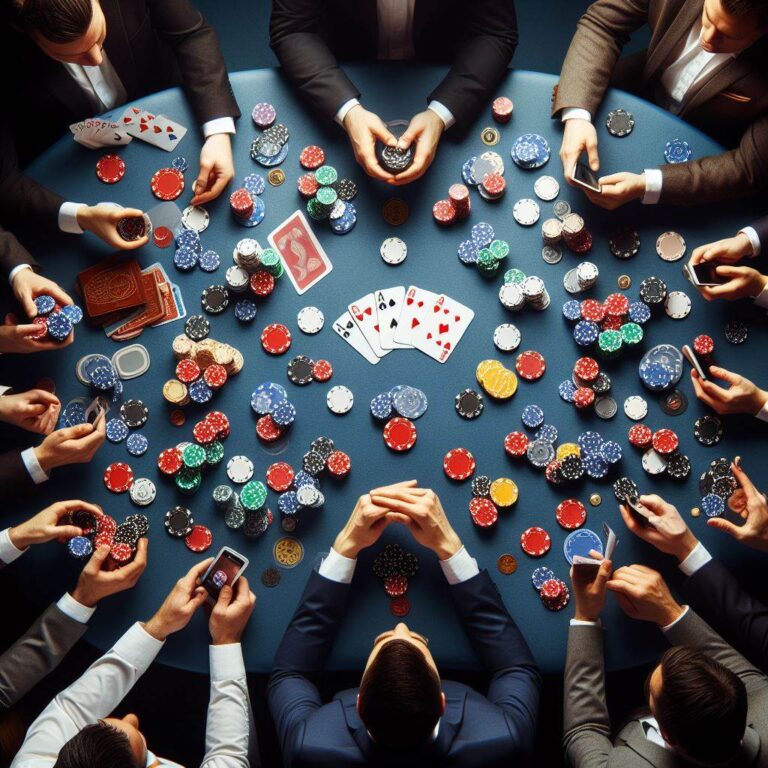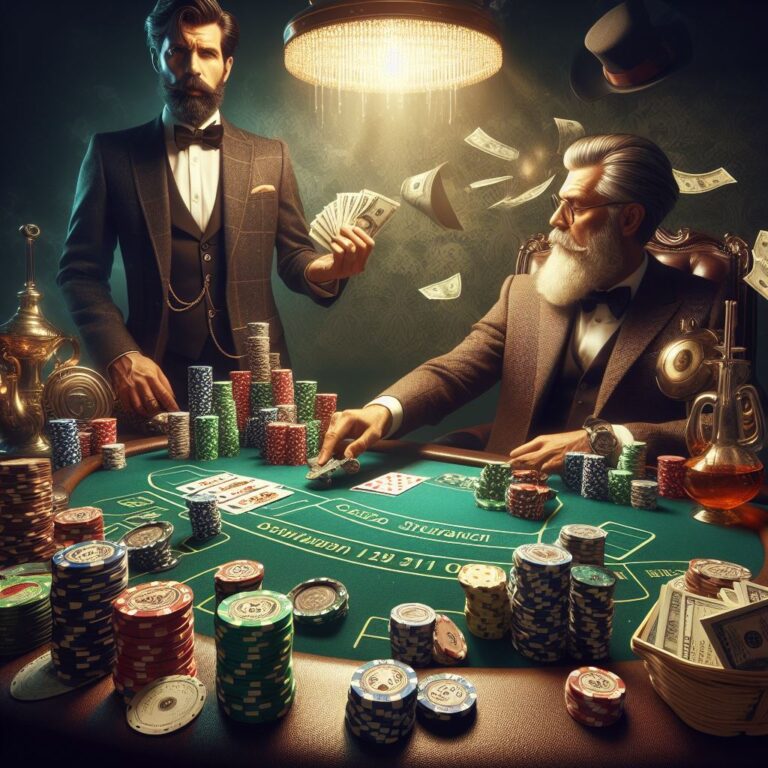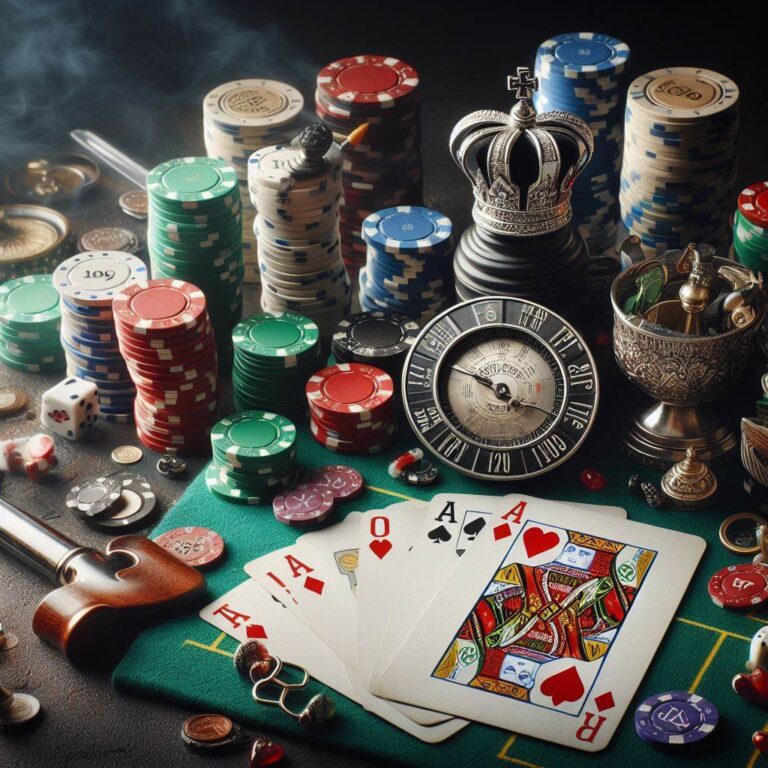Poker is not just a game of cards but a complex ballet of psychology, strategy, and skill. Opponents Like a Book The difference between a good player and a great one often lies in their ability to read opponents, understanding not just the hands they play, but the minds behind them. “The Psychology of Poker: Reading Your Opponents Like a Book” delves into the mental game of poker, offering insights and techniques to help you decode your opponents’ behaviors, tendencies, and even their subtlest tells, turning psychological insight into a potent weapon at the poker table.
Understanding the Basics of Poker Psychology
At its core, poker psychology is about understanding human behavior patterns and how they manifest in poker play. Every bet, raise, call, or fold tells a story, and savvy players know how to interpret these narratives. The first step is to observe: Pay attention to how opponents play their hands in different situations, their betting patterns, Opponents Like a Book and their physical demeanor. This observational groundwork lays the foundation for deeper psychological insights.
The Art of the Tell Opponents Like a Book
A “tell” is any change in a player’s behavior or demeanor that provides clues about their hand’s strength or weakness. Tells can be as overt as a facial expression or as subtle as a change in breathing patterns. Opponents Like a Book While the reliability of tells can vary widely among players, common ones include:
- Physical Reactions: Trembling hands, rapid blinking, or a flushed face can indicate excitement or nervousness.
- Verbal Cues: Changes in pitch, speed of speech, or overtly defensive or aggressive language can reveal a player’s confidence level.
- Betting Patterns: How a player bets often correlates with the strength of their hand. Opponents Like a Book Quick bets might signify strength (or a bluff), while hesitation could suggest weakness.
Psychological Warfare: Bluffs and Double Bluffs Opponents Like a Book
Bluffing is the most direct application of psychology in poker, where players bet strongly on a weak hand to convince opponents they hold a winning hand. Opponents Like a Book The effectiveness of a bluff, however, relies on your ability to sell the story. Advanced players go further with “double bluffs” or “reverse tells,” Opponents Like a Book intentionally giving off cues to mislead opponents about their hand’s strength. Opponents Like a Book These high-level psychological strategies can turn an average hand into a winning one, provided they’re executed with finesse.
Emotional Intelligence and Control
High emotional intelligence is crucial in poker. It allows players to remain calm under pressure, manage their reactions, and more importantly, read the emotional states of their opponents. Recognizing frustration, overconfidence, Opponents Like a Book or desperation can give you a strategic edge, allowing you to adjust your play to exploit these emotional vulnerabilities.
Adaptation and Flexibility
Understanding that every player is unique is key to applying psychology in poker effectively. Opponents Like a Book Some players may be impervious to certain psychological strategies, Opponents Like a Book while others may be particularly susceptible. The ability to adapt your psychological approach to fit the specific player and situation is what separates the best from the rest.
Practical Steps to Improve Your Psychological Game
- Observe and Note: Make mental or physical notes about specific players’ behaviors and patterns. Over time, Opponents Like a Book you’ll start to see correlations between their actions and the strength of their hands.
- Practice Emotional Neutrality: Work on controlling your own tells by maintaining a consistent demeanor regardless of your hand’s strength.
- Engage in Mental Rehearsals: Visualize various playing scenarios, including handling tough bluffs or reads, to prepare yourself mentally for the real game.
- Study Human Behavior: Reading books on body language and psychology can provide insights that are applicable at the poker table.
The psychological aspect of poker is what adds depth and excitement to the game, transforming it from a mere card game into a battle of wits. By honing your ability to read opponents and understand the psychological underpinnings of their actions, you equip yourself with a powerful tool that can significantly increase your success rate at the poker table. Remember, mastering the psychology of poker is a lifelong journey, one that requires patience, observation, Opponents Like a Book and a keen understanding of the human psyche.
